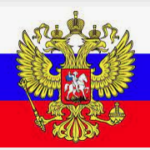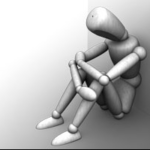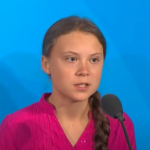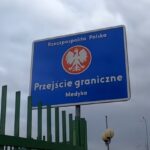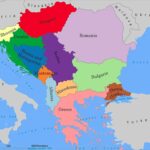In Western Europe we have the United Kingdom comprising England, Wales, Scotland and Northern Ireland; we also have the Federal Republic of Germany with its several autonomous provinces complete with their parliaments and governments; on the other hand we had the Federal Republic of Yugoslavia with its six autonomous parts, and the Soviet Union with its fifteen republics, in both cases complete with their parliaments and governments. It happened so that the former – the United Kingdom and West Germany – have remained intact while the latter – Yugoslavia and the Soviet Union are history.
Observation number 1: Certain federations or unions persist, others do not. Why?
Of the two states that fell apart, one disintegration was bloody (that of Yugoslavia), the other peaceful (that of the Soviet Union). In either case external forces were involved and helped the said states to disappear in thin air. There were separatist tendencies in the United Kingdom – especially in Northern Ireland – and they somehow petered out; contrarily, two German states that had existed before 1989 united rather than fall apart. For all practical purposes in the four countries under discussion – the United Kingdom, Germany, Yugoslavia and the Soviet Union – the absolute and overwhelming majority of their citizens spoke one and the same language; it was, respectively, English, German, Serbo-Croat and Russian.
Observation number 2: Some states composed of autonomous parts with separatist tendencies dissolve, others do not. How does that happen?
The separatist tendencies are separatist only in a sense of the word. The autonomous political entities that made up Yugoslavia, the Soviet Union and Czechoslovakia disrupted the corresponding unions, claiming that they were in desperate need of independence only to… willingly give this independence up on the following day and eagerly become parts of the European Union. What sense does it make?
Observation number 3: Some unions of states are desired, others are not. What is the criterion? Who lays down this criterion?
The dissolution of Yugoslavia and the Soviet Union was only made possible because national feelings were aroused and exploited. They were exploited by external forces. Simultaneously the national, patriotic, ethnic sentiment of the indigenous populations in other parts of Europe are suppressed, discouraged or ridiculed.
Observation number 4: National feelings are either enhanced or suppressed, depending on what purpose they serve. Who controls those processes? Who decides over them?
Of the warring parties – Serbs and Croats or Russians and Ukrainians – the judgement passed by what is referred to as the international community says that one is – without a shade of a doubt – the guilty party (Serbs and Russians) while the other is an innocent victim (Croats, especially Albanians, and Ukrainians); consequently, the guilty parties allegedly spread lies, the whole lies and nothing but the lies while the innocent parties tell the truth, the whole truth and nothing but the truth, which is why the former need to be censured while the others supported by the media of the so called free world.
Observation number 5: How is it possible that a conflict is sparked by exclusively one party with the other being remarkably innocent? Why does the general public buy into it lock, stock and barrel?
The independence of Kosovo has been recognized by many countries and that has been approved of by the international community; the independence of the Donbass republics has been recognized by one state and this act did not meet with approval.
Observation 6: Who decides whether a political move is commendable? What makes a political move praiseworthy?

